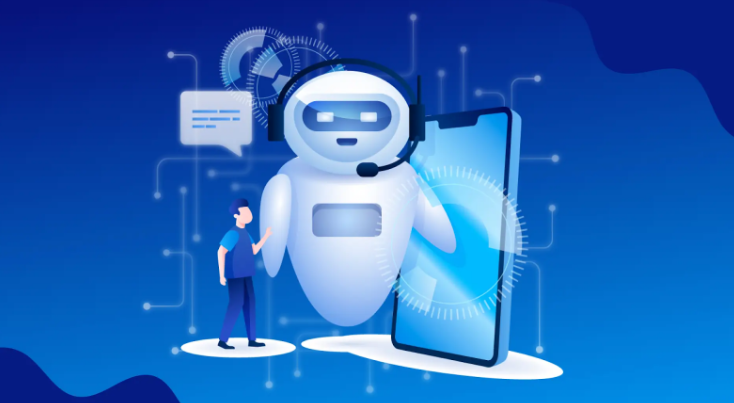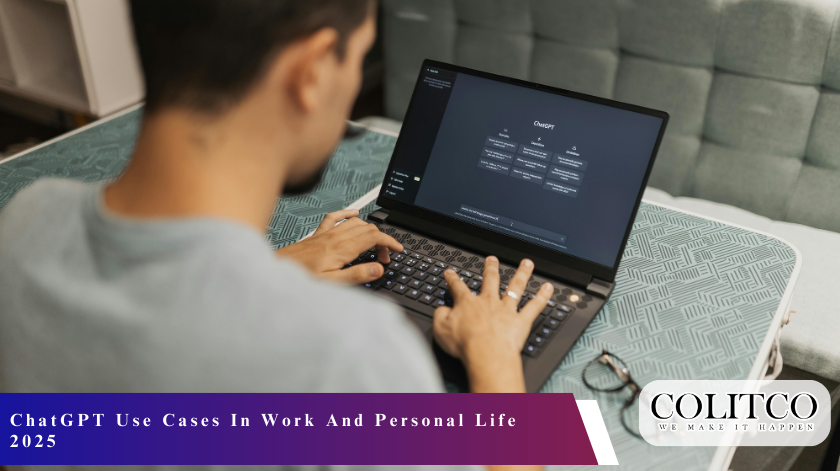From being mostly work-related, ChatGPT has shifted to becoming a daily personal helper. The dramatic behaviour change has been demonstrated in a new study using millions of anonymised conversations.
More than 70 per cent of users engage with ChatGPT for non-work-related purposes. The figure has increased from 50 per cent in 2024 to 73 per cent in 2025. The data shows how users treat the AI as a trusted part of daily life.
They enlist it for assistance with fitness, personal writing, and casual information. Thus, this is evidence that ChatGPT use cases work personally in 2025 have overtaken its professional role.”

ChatGPT evolves from work tool to daily personal assistant, study shows
How Are People Integrating ChatGPT Into Their Daily Routines?
Factually, day-to-day AI chatbot applications are now being harnessed within worldwide routines. Meal planning, fitness motivation, solving a household-related issue: everything is ChatGPT.
Many have now started either consulting the AI or turning to it for advice, instead of colleagues and family members. The requests range from workout plans to diet changes to relationship problems. Some users have resorted to having their emotional-strengthening sessions with ChatGPT.
Chatbot is at the cusp of becoming a digital assistant for the very mundane. 2025 stats for ChatGPT suggest an unclear relationship between the digital and the personal sphere.
What Does This Shift Mean For Work-Related Use?
Queries out of the workplace now constitute only 27 per cent of ChatGPT traffic. Employees still count on AI for quick drafting, summarisation, and coding support. But these are no longer the majority requests.
Corporations are carefully watching this trend. Some employers are worried about the uncontrolled use of AI for processing sensitive data. Policies are being made to define clearer limits on office use.
Nevertheless, ChatGPT remains a force in the workplace, primarily for enhanced productivity in the execution of mundane tasks.

Work-related queries now make up just 27% of ChatGPT usage, with personal tasks rising
Personal Use Surges Beyond Workplace Expectations
An even bigger issue highlighted by the study is how people use ChatGPT on very personal matters. Topics are family disagreements, relationships, and even advice on private disputes.
One user said that he had gone to ChatGPT for help after he and his wife had an argument. This shows growing acceptance of AI in situations that, traditionally, were shared with a close friend or a counsellor.
It appears that AI is developing out of a convenience factor. It is growing into a companion one that is available at any time of the day without judgment. In light of such stories, one cannot discount the growing participation of AI in the social and emotional lives of humans.
Daily Applications Signal A Global Behavioural Change
AI chatbot applications in daily life stretch way beyond traditional boundaries. ChatGPT is used for holiday planning, educational guidance, and health-related research. Its accessibility cuts across all demographics.
While students use it for assignments, retirees inquire about hobbies or ways to improve their lives. Hence, these alternatives no longer just apply to a certain age group or sector.
Data centres worldwide are being expanded to meet the demand. The 2025 ChatGPT usage statistics, therefore, testify to its swiftly rising presence across continents and cultures.

ChatGPT’s daily use spans travel, education, and health, reaching all demographics
The Future Of ChatGPT Use Cases In 2025 And Beyond
The future might provide a more balanced professional versus personal use. Experts foresee personal reliance crossing beyond 80 per cent by 2026.
In order for the workplace to accommodate AI, policies would have to be arranged to protect sensitive information. Meanwhile, the common people will develop further dependence on AI for domestic and lifestyle-related tasks.
The scope of AI chatbot integration may be larger in health care, education, and travel. These use cases of ChatGPT for personal work in 2025 mark just the initial step of a broader change. This shift is an indication of AI being no longer optional but rather an integral part of world life.
Also Read: Living Smarter with ChatGPT in Australia: A Practical Guide to Boosting Work, Study & Productivity
FAQs
- What percentage of ChatGPT use in 2025 is personal?
Approximately 73 per cent of all interactions are personal, the numbers having gone up from 50 per cent in 2024.
- What are the main personal ChatGPT queries?
The primary queries would be about fitness plans, help with writing, relationship advice, and general information.
- Is ChatGPT still popular for work?
Yes, but only 27 per cent of requests are work-related, such as drafting or coding.
- How will usage trends change by 2026?
Experts forecast a rise in personal use beyond 80 per cent, with further applications in healthcare and education.












